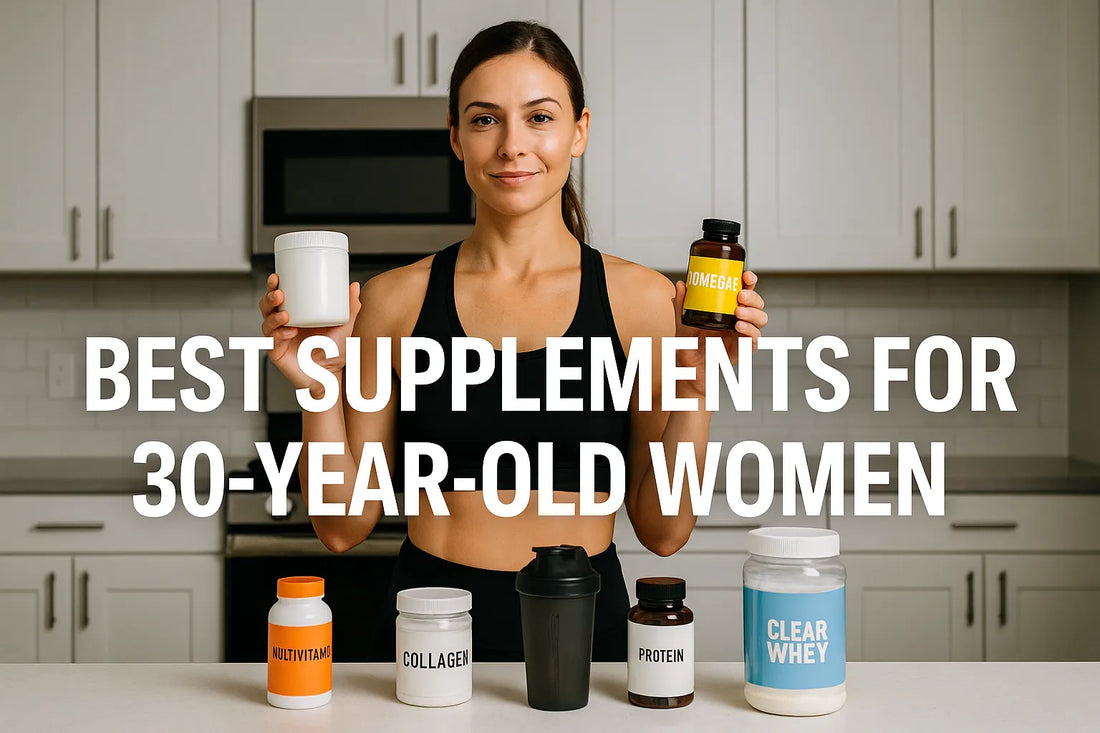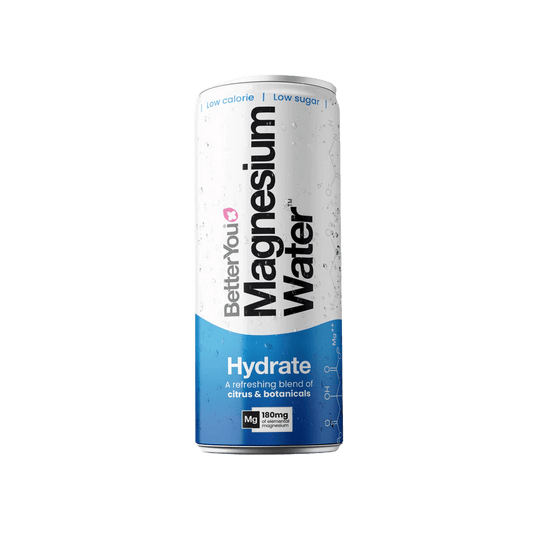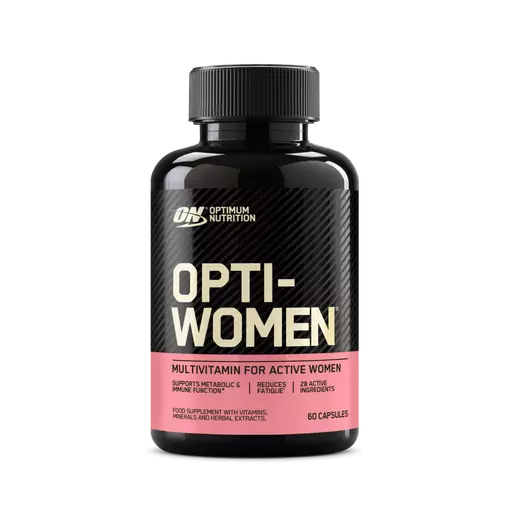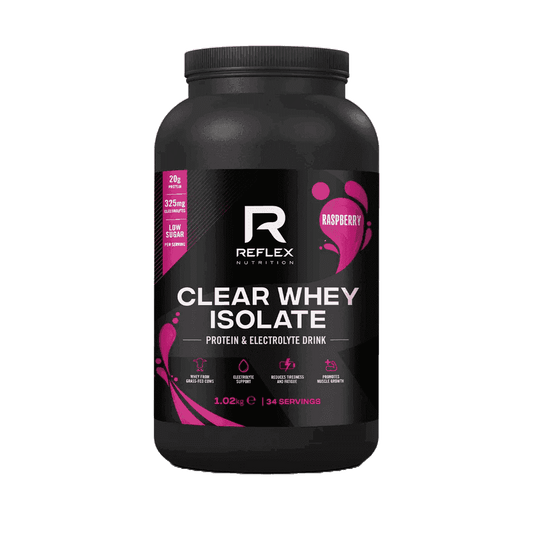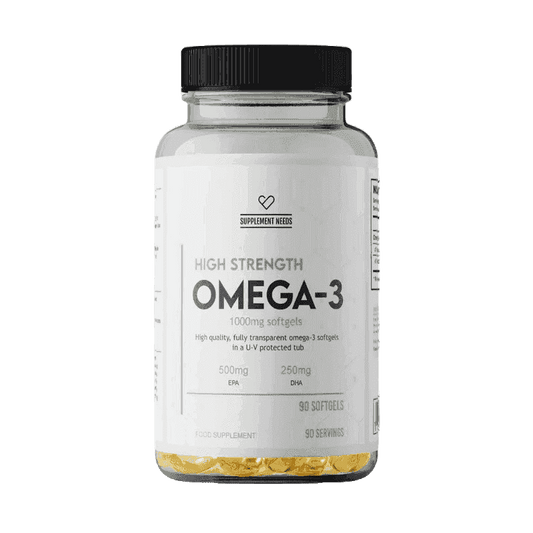Introduction: The Wellness Wake-Up Call
Let’s be real — your 20s were about freedom. You could eat pasta for three meals, drink cocktails on a Wednesday, and still bounce back by Friday’s gym class. But your 30s? That’s when your body starts asking tougher questions — and it expects better answers.
This decade is about long-game health: balancing hormones, supporting energy, protecting skin, and fuelling the life you’re building. Whether you're training, working, parenting — or doing all three — smart supplementation is your not-so-secret weapon.
Not for shortcuts. For staying sharp, strong, and confident — now and long after.
1. What Does Vitamin B12 Do For You?
Ever felt like your energy tank hits empty by mid-afternoon, even with enough sleep and caffeine? That could be a B12 whisper.
B12’s biggest jobs:
-
Converts food into cellular energy
-
Supports brain + nervous system function
-
Aids red blood cell production (better oxygen delivery)
-
Helps regulate mood and clarity
B12 deficiency is surprisingly common — especially in women who eat less red meat or follow a plant-focused diet. Low B12 can mimic burnout: fatigue, forgetfulness, brain fog.
✅ The fix? A well-dosed multivitamin with methylcobalamin, the bioactive form your body absorbs more easily. You’ll find this in clean formulas like Applied Nutrition Multi-Vitamin Complex — yes, even though it's unisex, it works brilliantly for women.

2. Are Multivitamins Worth It?
This is one of the most searched — and most debated — supplement questions. And the answer depends entirely on quality.
What they do when done right:
-
Plug common nutritional gaps
-
Support immunity, skin, hair, and nails
-
Maintain hormonal balance
-
Help with stress, energy, and fatigue
Low-quality supermarket multis? Probably not worth it. But a proper multivitamin designed for active adults — without synthetic fillers or underdosed ingredients — absolutely earns its shelf space.
✅ For your 30s, you want more than just “RDA coverage” — you want nutrients in bioavailable forms that work with your body, not just pass through it.

3. Is It Good to Take a Multivitamin Every Day?
Yes. And even more so if you:
-
Train regularly
-
Have a demanding job
-
Are planning or avoiding pregnancy
-
Eat plant-based or restricted diets
-
Experience PMS, mood swings, or low energy
Think of a daily multivitamin as your health safety net. You may not need it to survive — but it catches you on days where diet, sleep, or stress don’t go to plan.
Taken consistently, it helps:
-
Stabilise energy and mood
-
Reduce nutrient-related fatigue
-
Support immune defence
-
Improve skin clarity and nail strength
It’s not a miracle pill. But it’s a smart foundation — especially if you’re not tracking every gram of spinach and selenium daily.
4. What Nutrients Do 30‑Year‑Olds Need?
Your needs evolve in your 30s — not because you're old, but because your biological priorities shift. Stress resilience, hormonal harmony, and recovery take centre stage.
Critical Nutrients:
-
Vitamin B12 + B6: for energy and cognitive clarity
-
Vitamin D3: for immunity, bone strength, and mood
-
Magnesium: for sleep, muscle repair, and PMS support
-
Zinc: for hormones, skin, and immune defence
-
Omega-3s: for inflammation, joint health, and brain function
-
Collagen: for skin elasticity and connective tissue
-
Iron (if menstruating): for oxygen transport and energy
A solid stack covers all of these without needing 15 different bottles.
✅ Pair your multivitamin with Supplement Needs Omega 3 and Reflex Clear Whey for clean protein support — especially if you’re active and tracking recovery.

5. Should I Take Supplements in My 30s?
Here’s the real question: are you living a lifestyle that puts strain on your body?
If yes (and let’s be honest, you probably are), supplements can help you feel, look, and perform better.
You should consider supplements if you:
-
Train more than 3x a week
-
Experience low energy, poor sleep, or mood shifts
-
Want to optimise your skin, hair, and nails
-
Are trying to conceive (or not)
-
Feel like your nutrition sometimes misses the mark
Think of them as daily reinforcements — not replacements for real food or rest, but tools to help your body handle modern life with grace and power.
Now We’re Ready For Part 2! Coming up…
-
What supplement makes a woman look younger
-
The power of collagen + omega-3 for skin health
-
Hormone support
-
Protein powder for women
-
FAQ’s
Best Supplements For 30-Year-Old Women (Part 2)
6. What Is the Most Important Supplement to Take Daily?
If you had to choose just one, go with a high-quality multivitamin.
It’s not as flashy as collagen or trendy like ashwagandha, but multivitamins:
-
Cover multiple bases in one
-
Support energy, mood, skin, hair, nails, and immunity
-
Are cost-effective compared to buying everything separately
Think of your multi as your nutrient insurance policy — making sure the little things (like zinc, selenium, biotin, B12) are taken care of daily.
🎯 Want something more tailored to women’s needs? Optimum Nutrition Opti-Women delivers 23 vitamins and minerals, plus botanicals for active women. Ideal if your life includes workouts, work stress, and hormonal fluctuations — so… real life.

7. What Does Zinc Do For the Body?
Zinc is one of those underrated minerals that works hard behind the scenes.
What it supports:
-
Hormonal balance
-
Healthy skin + fewer breakouts
-
Immune function
-
Wound healing
-
Hair growth
-
Fertility and reproductive health
It’s especially useful for women who:
-
Get frequent colds or skin issues
-
Struggle with PMS or irregular cycles
-
Are transitioning off the pill
-
Are actively training or dealing with stress
⚠️ Your body doesn’t store zinc — it needs a consistent daily supply. A good multivitamin (like Opti-Women) will include zinc, or you can take it separately if your diet’s lacking.
8. Should I Take Magnesium?
If you ever feel wired-but-tired, get cramps, sleep poorly, or feel moody before your period — magnesium might be your new best friend.
Magnesium supports:
-
Sleep quality
-
Stress and anxiety reduction
-
Muscle recovery
-
Menstrual comfort
-
Hormone support
Over 70% of women don’t get enough magnesium from food. That stat alone should make this one a priority.
🛏️ Take it at night for best results. Combine it with protein for muscle recovery and omega-3 for anti-inflammatory benefits, and you’ve got a simple yet powerful trio.
9. Should I Start Taking Vitamins in My 30s?
Yes — your 30s are when subtle health shifts begin, and catching them early makes all the difference.
It’s the decade where:
-
Hormones start changing
-
Recovery slows without support
-
Nutrient needs increase due to life stressors
-
Skin, hair, and nails need a little more TLC
-
Energy levels aren’t as “automatic” anymore
If you’re active, working, parenting, or planning a family — you’re using up more nutrients than you think. Vitamins give your body what it needs to keep up.

10. What Supplement Makes a Woman Look Younger?
Spoiler: it’s not just one.
But the best beauty-from-within combo for your 30s looks like this:
-
Collagen peptides – to support skin elasticity + reduce fine lines
-
Omega-3 – for glow, hydration, and reduced inflammation
-
Vitamin C – supports natural collagen production
-
Biotin + Zinc – for stronger hair and nails
-
Protein – for tissue repair and structure
✨ Consistency is key — 3 months minimum to see the full glow-up. Your skincare routine starts at the supplement shelf.
🧠 FAQ: Supplements for Women in Their 30s
Do women need supplements in their 30s?
Yes — for energy, skin, hormones, and recovery. It’s the ideal decade to build lifelong wellness habits.
What are the best vitamins for energy and mood in women?
B-complex, magnesium, vitamin D3, and omega-3s.
How do I support hormone health in my 30s?
Use zinc, magnesium, vitamin B6, and omega-3. Adaptogens like ashwagandha (if tolerated) may also help.
Should 30-year-old women take protein powder?
Absolutely — especially if you train, are vegetarian, or struggle to meet protein targets.
What supplements help active women over 30?
Multivitamin, magnesium, collagen, omega-3, and protein for strength, recovery, and skin health.

